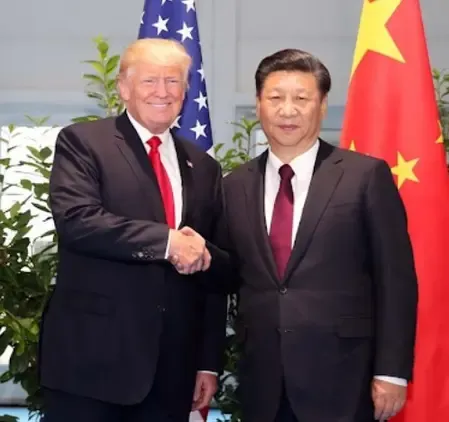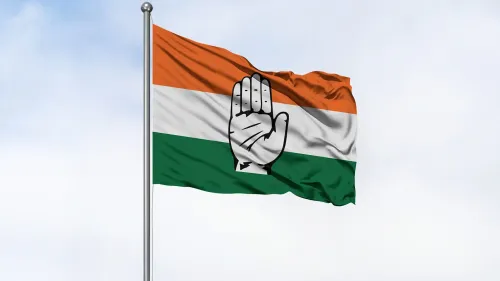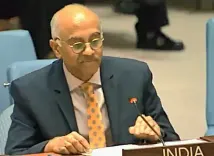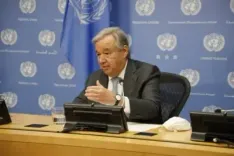Has India Overcome Pakistan’s Nuclear Brinkmanship?
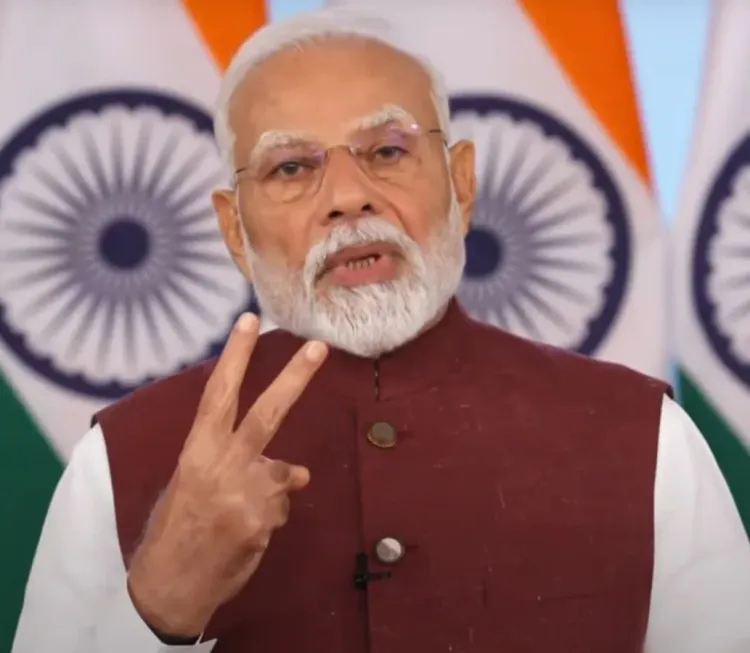
Synopsis
Key Takeaways
- End of Nuclear Blackmail: India will not be intimidated by nuclear threats.
- Decisive Military Action: India will respond strongly to terrorist activities.
- Redefined Defense Strategy: National security interests guide military operations.
- Technological Superiority: India showcases advanced defense systems.
- Global Message: India sets its own terms in international relations.
New Delhi, May 12 (NationPress) Prime Minister Narendra Modi has effectively dismantled Pakistan’s enduring dependence on nuclear threats as a shield for terrorism.
In a national address on Monday, he proclaimed that the period of "nuclear blackmailing" is concluded, asserting that India will no longer accept nuclear posturing as a form of leverage.
He informed the global community that India has decisively “redefined the nuclear threat equation”, emphasizing that nuclear blackmail will no longer act as a shield for terrorism.
During his address, Prime Minister Modi made his stance unmistakable. He stated firmly, "Any terrorist safe haven operating under this pretext will face precise and decisive strikes."
The message aimed at Pakistan was unequivocal: intimidation through nuclear rhetoric will no longer dictate India’s reaction to terrorism.
The Prime Minister reiterated India’s position, claiming that the country has fundamentally "redefined the nuclear threat equation."
For years, Pakistan relied on nuclear deterrence as a strategic shield, believing that the constant threat of escalation would prevent India from executing strong retaliatory measures against terrorist networks.
The presence of nearly 170 nuclear warheads on both sides has kept India and Pakistan in a delicate equilibrium, where direct conflicts were cautiously contained.
The 1999 Kargil War unfolded under the shadow of nuclear tests from the previous year, ensuring that engagements remained confined to conventional ground battles, with neither side willing to escalate beyond traditional warfare. However, this unwritten restraint has gradually diminished, altering the military confrontation dynamics between the two nations.
A pivotal moment occurred in 2019 when India conducted air strikes in Balakot, breaking a half-century-long precedent by striking deep into undisputed Pakistani territory. This action marked a departure from previous engagement norms, establishing a new threshold for military action. The latest operations have further redefined the rules.
India has extended its operations beyond Pakistan-occupied Kashmir, launching precision air strikes deep into Pakistan’s interior, targeting strategic locations nearly 100 kilometres beyond the border.
Operation Sindoor shattered that illusion, demonstrating that "India's defence strategy is dictated by national security interests, not by fear of nuclear rhetoric."
The operation directly targeted and neutralized significant terrorist hubs that had long operated under the false security of Pakistan’s nuclear doctrine. India’s swift and calculated response exposed Pakistan’s vulnerabilities, prompting a desperate countermeasure.
Unable to defend its purported nuclear deterrence, Pakistan resorted to targeting civilian areas, including schools and religious institutions, instead of confronting India’s superior military strategy.
However, India’s advanced air defence systems quickly neutralized the incoming drones and missiles, further showcasing the technological advantage that distinguishes India in modern warfare.
Prime Minister Modi elaborated on India’s evolving security doctrine, emphasizing that, “Any terrorist attack on India will be met with a strong and resolute response. We will retaliate on our own terms, targeting terror hubs at their roots. India will no longer distinguish between terrorists and the states that harbor them.”
His statements indicated a transformation in India's engagement strategy, dismissing the traditional belief that nuclear brinkmanship could indefinitely shield sponsors of terrorism. The world has now witnessed an India that has set its own terms, refusing to let nuclear threats determine its responses.

